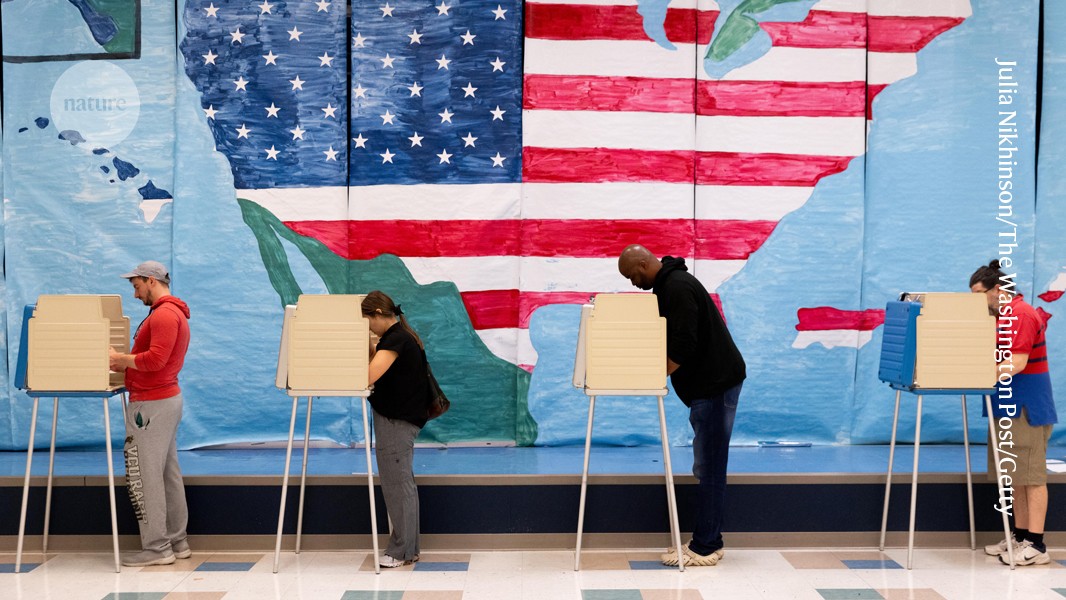- cross-posted to:
- fairvote@lemmy.ca
- cross-posted to:
- fairvote@lemmy.ca
cross-posted from: https://lemmy.ca/post/31925477
For Drutman, US efforts to incorporate ranked-choice voting can have only a limited effect, and don’t necessarily change the core problem of politics in the country, as he sees it. The system still pushes towards two dominant parties, and avoids proportional representation at the district or state levels. In his view, the goal should be more parties, focused on giving more voters a voice and on building cross-party coalitions, instead of experiments with ranked-choice voting to elect particular candidates. But he does see a positive note from these experiments: “There’s definitely interest in electoral reform.”



Germany is usually at least in the top fifteen of that list, if not in the top ten. It’s not as big as the US, but the disparity is substantially smaller than between the US and Denmark
I would be quite interested to see how they would rank the EU. Not an average of the EU countries, a score for the actual EU itself
That’s true, but Germany is an outlier, and their population is still a little less than 1/4 that of the US. Plus, the US is a little more than 10 times the size of Germany in total area. I think that has an impact as well. But, it’s possible Germany does represent the upper threshold of size and population for a strong democracy, and if that’s the case the US is still well beyond that threshold.